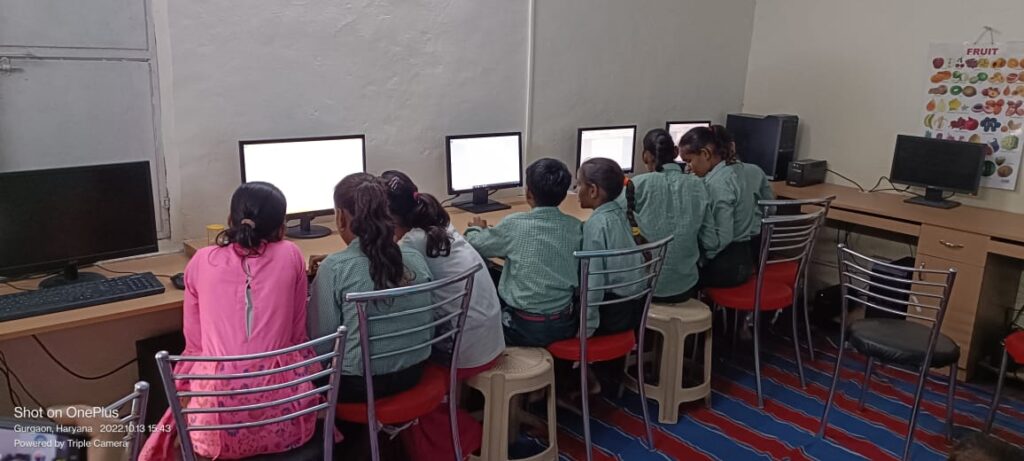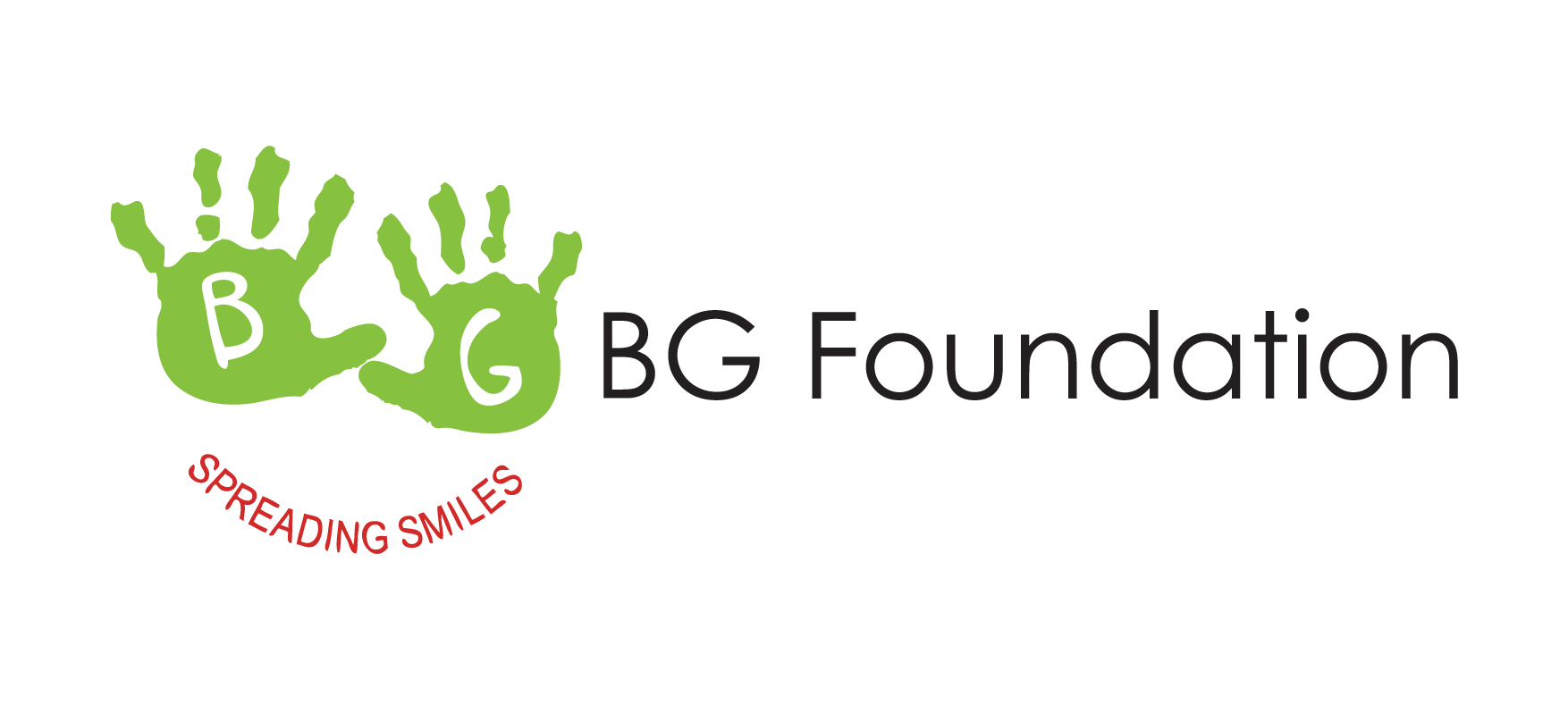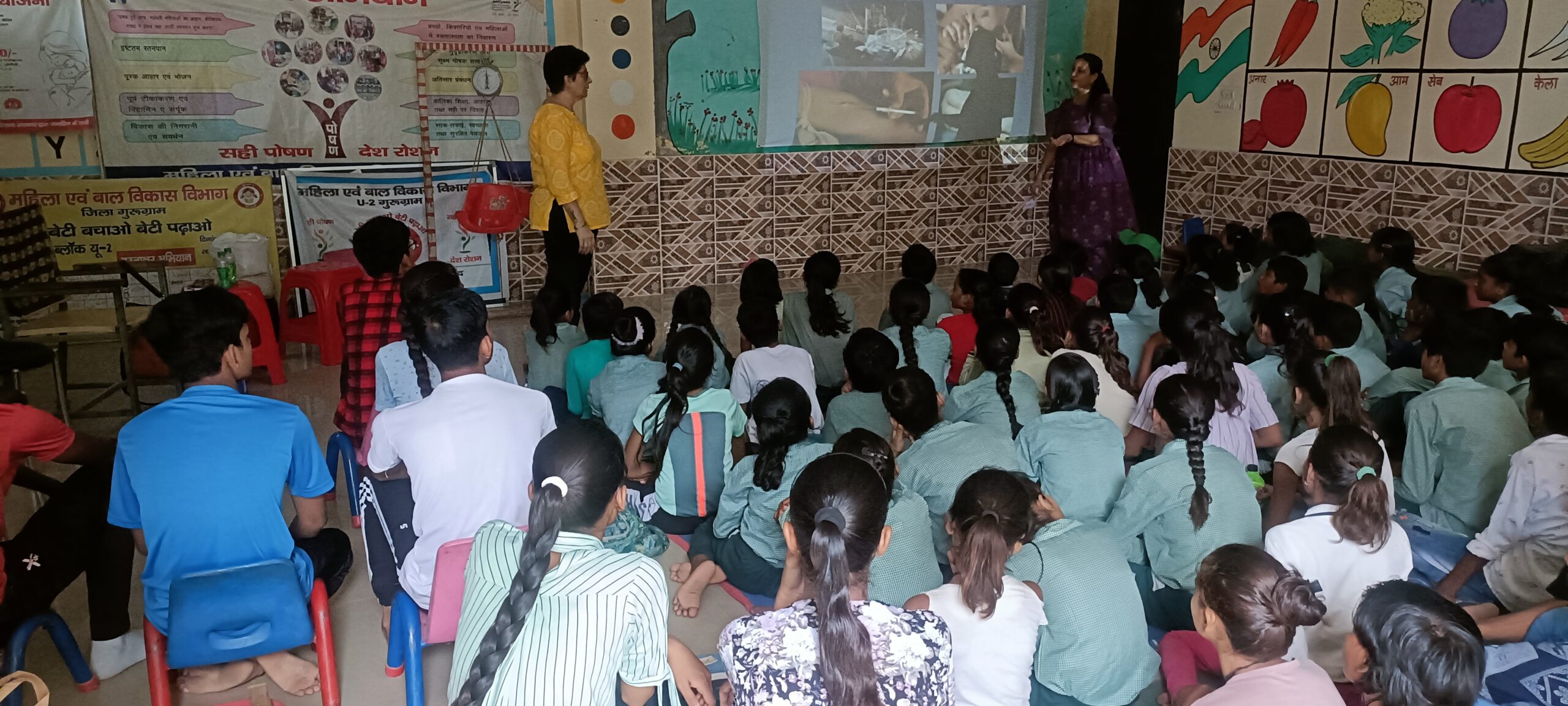Computer literacy has become an essential set of skills in today’s digital world. People today need to have a basic understanding of computers and the internet to succeed in the fast-paced world of technological advancements. Computer literacy includes a wide range of abilities, such as knowing how to use simple computer programs, navigate the internet, & comprehend the fundamentals of coding and programming.
Key Takeaways
- Computer literacy is essential for youth empowerment in the digital age
- The digital revolution is shaping the future of education and requires computer literacy
- Access to technology for all is crucial in bridging the digital divide
- Computer literacy opens career opportunities for youth
- Technology helps develop critical thinking, problem-solving skills, and digital citizenship for youth empowerment
Computer literacy encompasses more than just using a computer

A person’s ability to advance both personally and professionally can be severely hampered by the lack of these abilities. Also, computer literacy encompasses more than just using a computer; it also includes comprehending the underlying technologies & having the flexibility to adjust to new advancements. Because technology is developing so quickly, people who are not computer literate might find it difficult to stay up to date with the newest advancements. Because many employers these days require basic computer skills for even entry-level positions, this may lead to limited job opportunities.
Computer literacy is essential for surviving in the contemporary world
Also, people may not be able to access the increasingly available online resources & information if they lack computer literacy. All things considered, computer literacy is essential for surviving in the contemporary world and staying competitive in the digital age.
Collaboration and Engagement on a global scale: Also, technology has allowed students to work together with classmates from all over the world, shattering barriers and broadening their perspectives. In addition, the digital revolution has altered the way educators approach their craft.
Students learn more effectively when teachers use technology to create more dynamic and engaging lessons. Better Instruction and Input. Technology has also made it easier for teachers to monitor their students’ progress and give them tailored feedback. Teachers are now able to better meet the needs of each student thanks to this more customized approach to education.
Digital revolution has changed education in many ways, increasing its effectiveness
In general, the digital revolution has changed education in many ways, increasing its effectiveness, accessibility, and engagement for both teachers and students. For young people to be successful in the modern world, computer literacy is essential. We are providing the means for young people to flourish in a society that is becoming more and more reliant on technology by teaching them how to use it. Being computer literate gives young people the ability to take an active role in the digital world in addition to creating new avenues for education and career advancement. Youth who are computer literate can connect with people, express themselves, and obtain information in ways that were previously unattainable.
Also, computer literacy can aid in the development of critical thinking & problem-solving abilities in young people. Youth can enhance their analytical skills and learn how to tackle complex problems methodically by mastering the use of technology. Giving young people the self-assurance & abilities they need to face obstacles in their personal & professional lives can be immensely empowering. All things considered, computer literacy is critical to enabling young people to thrive in the digital era and take an active role in determining the course of history.
Bridging the digital divide is one of the main obstacles to ensuring youth empowerment through computer literacy. The availability of technology still varies greatly, even though it has grown more commonplace in many regions of the world. A considerable disadvantage exists for young people from low-income or rural communities who do not have access to computers or the internet in comparison to their peers. Inequalities already in place may be reinforced by this digital divide, which also restricts opportunities for those without access to technology.
Governments, organizations, and communities must collaborate to provide resources and support to close the digital divide and guarantee that all young people have access to technology. In addition to programs to teach computer literacy to people who may not have previously had access to technology, this could involve efforts to give computers and internet access to underprivileged communities. We can level the playing field & give young people from all backgrounds the tools they need to thrive in the digital age by making sure they have access to technology. Youth employment prospects are significantly impacted by computer literacy.
Modern jobs frequently require even entry-level candidates to have a basic understanding of computers. The lack of these skills may prevent young people from competing for many jobs, which would limit their opportunities for advancement in their careers. In addition, people with advanced computer skills are frequently in high demand as technology continues to play a significant role in many industries. Youth who are computer literate can position themselves for success in a variety of careers and create new opportunities for themselves. Also, computer literacy may open doors to inventive and entrepreneurial ventures.
Young people who are proficient in technology are able to generate original ideas
Young people who are proficient in technology are able to generate original ideas, launch their own ventures, or work on projects. Since it allows young people to take charge of their own lives & follow their passions, this can be immensely empowering. All things considered; computer literacy is critical for creating new professional avenues & equipping young people to thrive in the contemporary labour market.
It is imperative that young people acquire not only technical skills but also knowledge of digital citizenship & online safety. Young people need to learn how to use the internet safely and responsibly as they spend more time on it. Learning about topics like cyberbullying, online privacy, and digital ethics falls under this category. Young people can protect themselves online and make responsible decisions about their digital behaviour by learning more about these crucial subjects.
Also, the concept of leveraging technology to advance positive social change is included in digital citizenship. Through educating youth on digital activism & advocacy, we can enable them to leverage technology as a means of effecting change both within and outside of their communities. This can enable young people to take an active role in determining the direction of our digital world and help cultivate a sense of social responsibility.
By imparting knowledge on digital citizenship and online safety to youth, we can enable them to utilize technology sensibly and contribute positively to their environment. In summary, computer literacy is critical to enabling young people to thrive in the contemporary world. We are providing the means for young people to flourish in a society that is becoming more and more reliant on technology by teaching them how to use it. Being computer literate gives young people the ability to take an active role in the digital world in addition to creating new avenues for education and career advancement.
We can aid in levelling the playing field & enabling young people from all backgrounds to thrive in the digital age by bridging the digital divide and making sure they have access to technology. All things considered, we can enable youth to use technology responsibly and positively influence their environment by educating them about digital citizenship and online safety.



